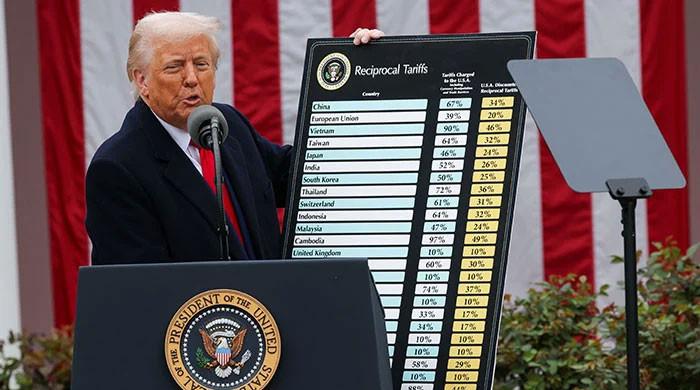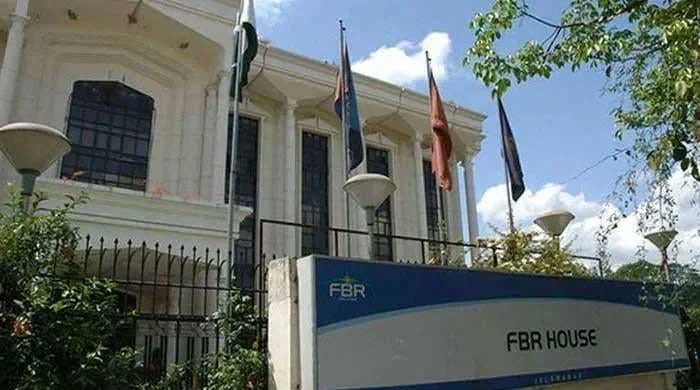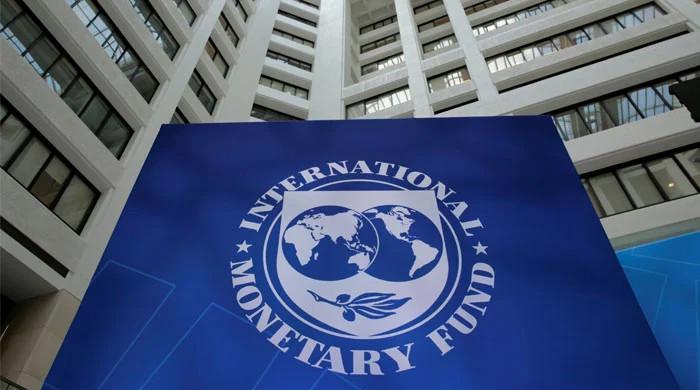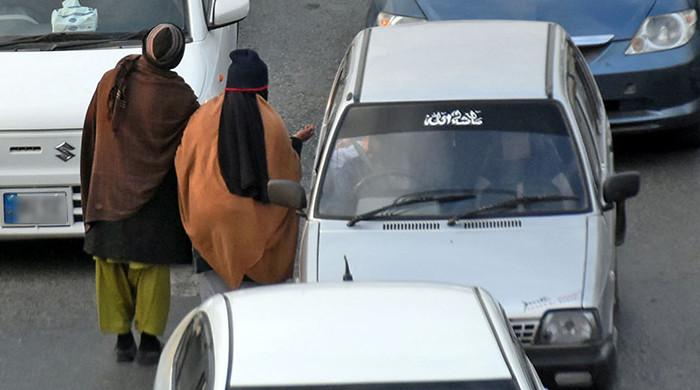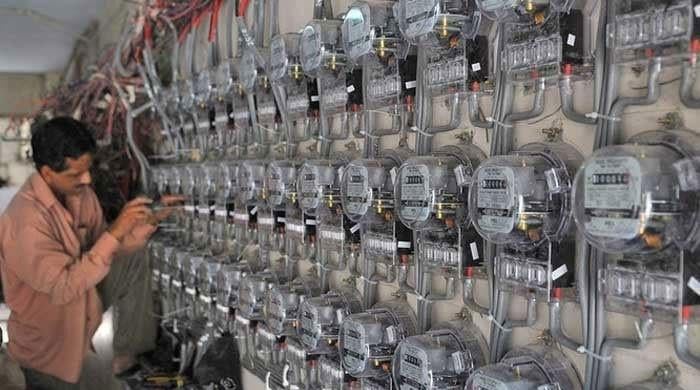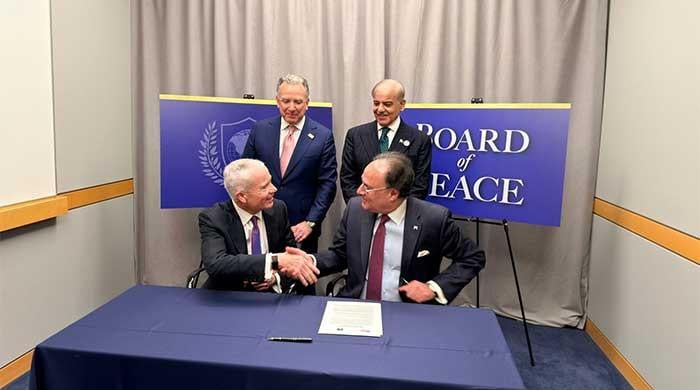Moody's assigns 'B3' rating to Pakistan's Sukuk offerings
Fitch Ratings assigns Pakistan's global Sukuk certificates B- rating
January 19, 2022
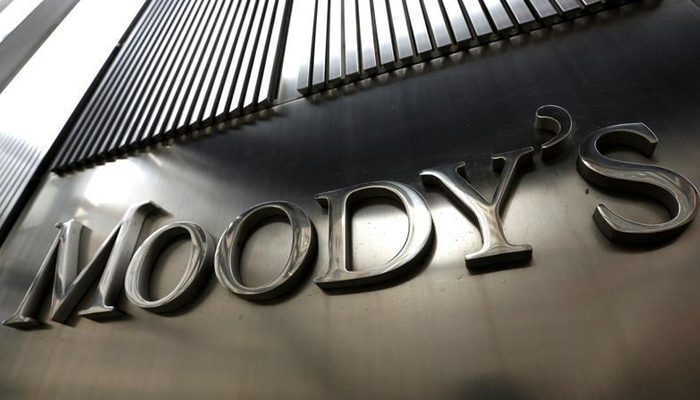
- Pakistan proposes US dollar-denominated trust certificates.
- Ratings can increase if ongoing fiscal reforms expand revenue base.
- Pakistan mandates four banks to arrange investor meetings.
- Fitch Ratings assigns Pakistan's global Sukuk certificates "B-" rating.
Moody's Investors Service has assigned a "B3 backed senior unsecured rating" to Pakistan's proposed US dollar-denominated trust certificates (Sukuk), a statement from the global rating agency said Tuesday.
The trust certificates will constitute direct, unconditional, and unsubordinated obligations of the Pakistan government, according to the terms and conditions available to Moody's.
The international bond has been offered under the Trust Certificate Issuance Programme of the Pakistan Global Sukuk Programme Company Limited, the statement said.
Pakistan, meanwhile, has mandated four banks to arrange investor meetings ahead of the planned issuance of a seven-year tenor Sukuk, with analysts expecting an increased appetite for the country’s debt from global investors seeking higher returns, The News reported.
The government has mandated Credit Suisse, Deutsche Bank, Dubai Islamic Bank, and Standard Chartered Bank as joint lead managers and joint book runners to organise investor calls for the sale of Sukuk, Bloomberg reported, citing a source familiar with the matter.
Fitch assigns 'B-' Rating
Meanwhile, Fitch Ratings has assigned Pakistan's global Sukuk certificates a "B-" rating, a statement from the credit rating agency said Tuesday.
"The rating is sensitive to any changes in Pakistan's Long-Term Foreign-Currency Issuer Default Rating (IDR), which Fitch affirmed at 'B-' with a Stable Outlook in May 2021," the statement said.
How will investors be approached?
Bankers told The News the lead arrangers would start communications with investors either by holding two-way investor calls or roadshows, which were a combination of one-on-one meetings and group sessions, to know about the demand and the pricing being expected by them for the issuance.
Roadshows help meet investors face to face and present and market a new transaction. These could be held in two to three countries, they said.
“If the government gets orders from investors it will move ahead quickly and execute the transaction. So, it will all depend on how investors from various regions and the markets behave in the separate meetings and roadshows. The pricing would be better if the IMF loan programme is resumed,” said a senior investment banker.
“So far, there is no idea which option the government is going to follow to start offering bond either directly or through the book-building process. The book-building process refers to the collection of buy orders from investors.”
How can Pakistan's rating increase?
Pakistan's rating can increase if ongoing fiscal reforms "were to expand the government's revenue base, raise debt affordability, and lower its debt burden beyond our current expectations", the statement said.
"A structural reduction in external vulnerability risks, including though higher levels of foreign exchange reserve adequacy that were sustainable and/or increased economic competitiveness that were to lift export prospects, would also put upward pressure on the rating," it said.
What are international bonds?
An international bond is a debt obligation that is issued in a country by a non-domestic entity. International bonds issued by the government help support governmental spending. Sukuk bonds are Sharia-compliant bonds used in Islamic finance.




